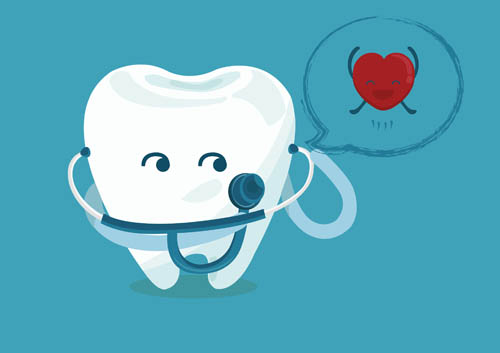Are thumb sucking and pacifier habits harmful for a child’s teeth?
March 11th, 2020

Depending on how long the thumb sucking or constant pacifier use continues, and how aggressively the child sucks a thumb or the pacifier, it can indeed be an oral health issue. Generally speaking, most children outgrow these behaviors or are able to be weaned off them successfully sometime between ages two and four. When children wean off the behaviors in this age range, long-term damage is unlikely.
Why Kids Suck Their Thumb or Pacifier
Both of these habits are actually a form of self soothing that your child likely uses when he or she is very upset, or feeling stressed, confused, frustrated, or unable to properly express the emotions. If your son or daughters is a regular thumb sucker, or the child wants to use the pacifier almost constantly, it is best to try to taper off these habits at a young age.
If your child continues to suck a thumb or request a pacifier consistently after leaving toddler-hood, this could be a source of concern, and it should be addressed with Dr. Ghenta and our staff. We will be able to evaluate your child's mouth to look for any signs of damage such as palate changes or teeth shifting.
Say Goodbye to Old Habits
In the event that your child is quite reluctant to give up a pacifier or thumb-sucking habit, there are a few things you can do to discourage these behaviors.
- When you notice that your child is not using a pacifier or sucking a thumb, offer effusive praise. This type of positive reinforcement can be much more effective than scolding the child.
- Consider instituting a reward system for giving up the habit. If the child goes a certain amount of time without this behavior, award him or her for being such a “big kid.”
- Employ the help of older siblings or relatives that your child admires. When a child’s role model says that he or she stopped sucking thumbs at a certain age, your child is likely to try to emulate that.





 Website Powered by Sesame 24-7™
Website Powered by Sesame 24-7™